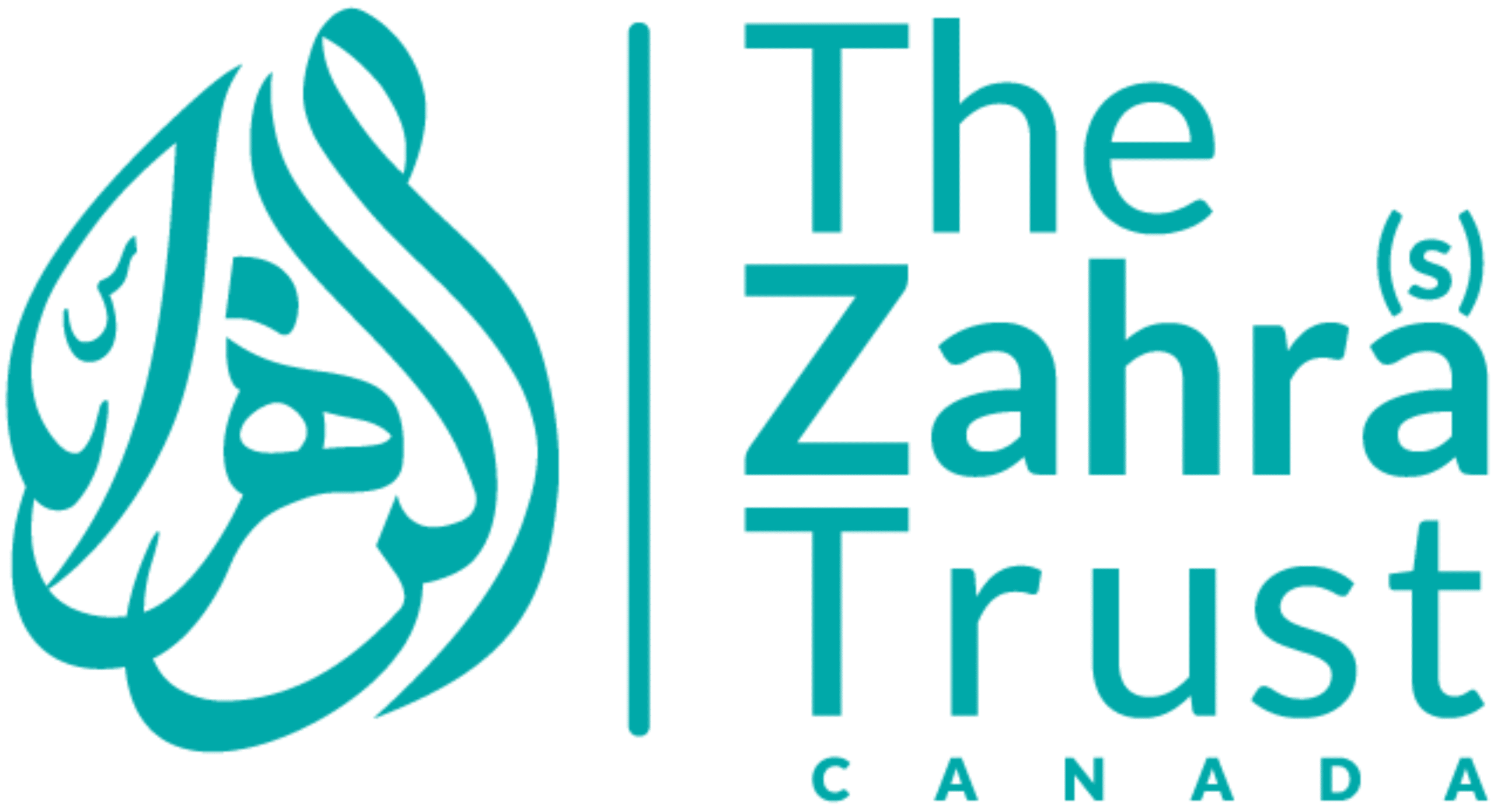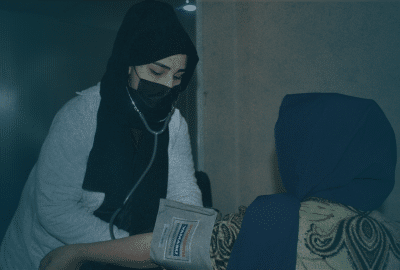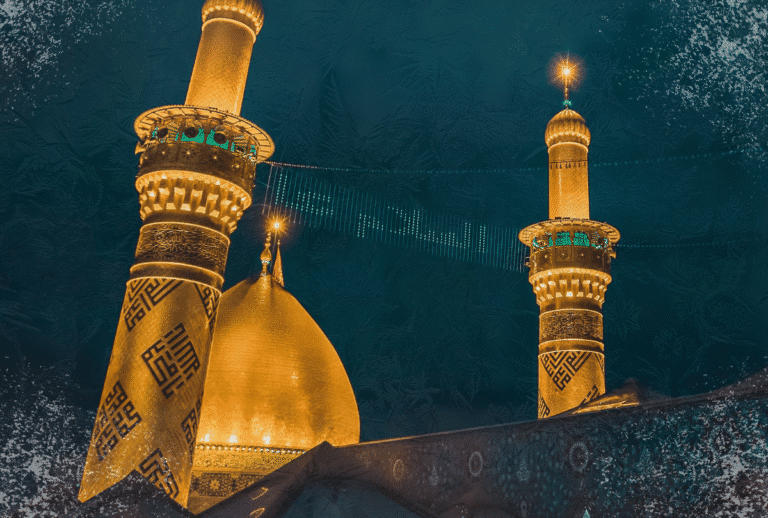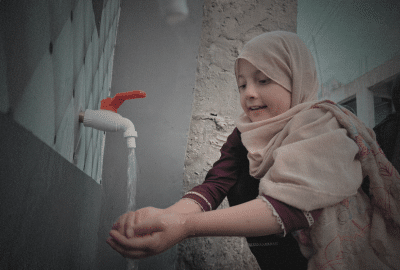How Can Educating Women Help Eradicate Poverty?
Poverty affects millions across Canada and beyond, but there is a proven way to create lasting change: educating women.
When women have access to education, they gain the knowledge and skills needed to improve their lives and the lives of their families.
The Prophet (saww) is reported to have said,
“Seeking knowledge is an obligation upon every Muslim. Indeed, Allah loves those who strive in their pursuit of knowledge.” (Al-Kafi, v.1, p.30, n.1)
Educated women contribute to healthier households, stronger communities, and a brighter future for everyone.
The Impact of Education on Women and Communities
Research shows that each additional year a girl spends in school can increase her future earnings by up to 20%.
Educated women also lead to healthier children, lower infant mortality, later marriage ages, and higher overall family incomes. (UN Women)
Yet globally, over 122 million girls are still out of school, mostly in low-income regions where poverty makes education difficult.
When women are more educated, entire communities and economies benefit, thriving as a result of their knowledge and contributions. (World Bank Group)
Why Is Women’s Education a Key to Breaking Poverty Cycles?
Educated mothers tend to be more informed about nutrition and healthcare, meaning their children are healthier and better equipped to thrive. (World Bank Group)
When parents, especially mothers, have more education, they invest more time and resources in their children’s development, leading to better educational and life outcomes. (IZA World of Labor)
Countries with higher female education levels tend to experience faster economic growth, as women contribute more to the workforce and productive sectors. (World Bank Group)
Knowledge in Islam
Islam places great importance on seeking knowledge, beginning with the very first revelation:
“Read (these Quranic verses) in the name of your Lord who created (the universe).” (96:1)
Throughout history, Muslim women have embodied this value:
- Sayyida Khadija (sa): Known for her business acumen, she used her knowledge and resources to support the Prophet (saww) and early Islam.
- Sayyida Fatima (sa): She shared knowledge and guidance with women in society, including those who worked in their homes.
- Sayyida Zainab (sa): She educated the Muslim community about the tragedy of Karbala and upheld the truth with courage and wisdom.
Conclusion
Educating women is not only a path out of poverty but also a way to strengthen entire communities.
When women gain knowledge, families thrive, societies progress, and future generations are given the chance to succeed.
FAQ
Educating women equips them with skills and opportunities that improve their lives, their families, and their communities. Studies show that women’s education directly contributes to better health, higher incomes, and stronger economies.
Yes. Educated mothers are more likely to send their children to school, support their development, and break cycles of poverty that pass from one generation to the next.
Poverty, early marriage, cultural barriers, and lack of safe schools are some of the main reasons why millions of girls remain out of school worldwide.
Islam emphasises the pursuit of knowledge for both men and women. From the Quran’s first command to “Read” to the lives of women like Sayyida Khadija (sa), Sayyida Fatima (sa), and Sayyida Zainab (sa), the faith highlights women’s vital role in learning and teaching.
Yes. Research shows that every year of schooling for girls not only boosts their future earnings but also improves the overall prosperity of families and societies.


 Donate Now
Donate Now
 Donate
Donate









